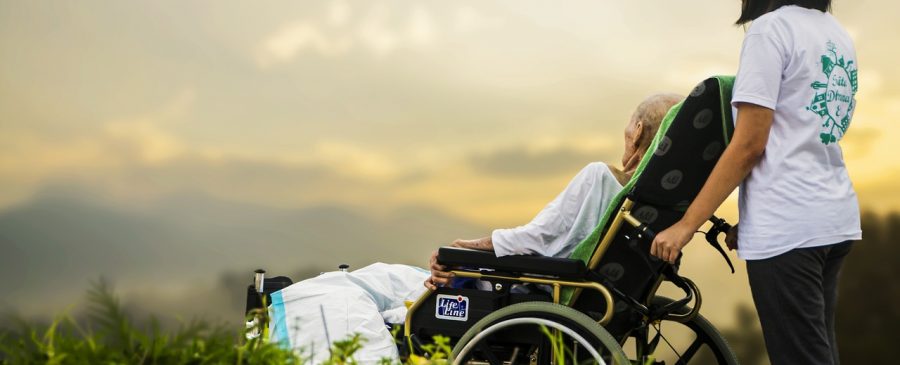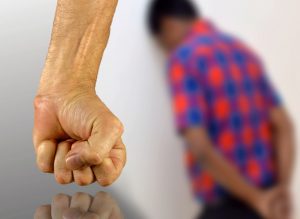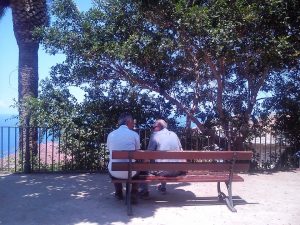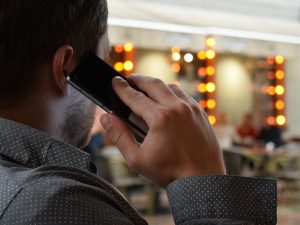Safeguarding The Elderly From Abuse

Safeguarding should be a fundamental consideration of everyday life.
Safeguarding isn’t just for children. Adults can also suffer from abuse. According to the World Health Organization rates of elder abuse are high in institutions such as nursing homes and long-term care facilities.
Abuse and neglect can happen anywhere and take many forms.
There are lots of different kinds of abuse.

- Physical Abuse – This is when someone hurts you by hitting you, kicking you or burning you. It may also be when someone holds you down.
- Sexual Abuse – This is when someone touches your body and does things to you that you do not like or sexual things that you do not want to do.
- Emotional Abuse – This can be when people say bad things to you like teasing or threatening or bullying you to upset you. This can be when people do not listen to you or do not believe what you say.
- Financial Abuse – This is when someone takes your money. It is when you do not have a say in how someone spends your money.
- Mate Crime – This is when people who you think are your friends take advantage of you. They may get you to pay for everything all of the time.
- Abuse of things that belong to you – This is when someone takes your private things without asking you.
- Abuse of your rights – They choose the medical care you get such as giving medication against your will.
- Neglect – this is when people say they are going to help you but they don’t. The person in control could stop you having a social life, stopping you from having enough food or drink or failing to treat you with dignity or equally
- Discrimination – this is when people say bad things to you or treat you unfairly because you are different from them. You may be made to feel different because you are a different colour, have a different religion, look different or speak a different language, made to feel different because you are a disabled person, You may be made to feel different because of your sexuality. Like being gay, lesbian, bisexual or transgendered.
Behavioural signs of abuse in an older person include:
- Becoming very quiet
- Mood changes such as being aggressive and angry for no reason.
- Looking skinny, dirty or genuinely not well in themselves.
- Sudden changes in personality such as being helpless, tearful and depressed.
- Bruises, untreated injuries and bodily harm.
- The same injury happening more than once.
- Not wanting to be alone with certain people, not wanting people to leave.
- Always insisting there isn’t anything wrong.
Sometimes you can find that their home has dropped in temperature and it isn’t tidy and things keep going missing. Other signs of abuse you may find a dramatic change in finances, such as not being able to pay for the food shopping and regular outings and getting into debt.
If you feel that someone you may know is being abused talk to them, they may not want to talk about it right away but give them reassurance that you are the person they can trust, eventually, you may get the opportunity to find out what is going on and act quickly and stop the abuse.
Be Professional.

When it can be very hard when you have concerns that someone you love is being abused. If you have any concerns about anyone that you think may be suffering from neglect or abuse have a private conversation with them. Make sure they understand your concerns. It’s best to explain you won’t tell anyone what’s been said, to gain their trust.
You must act in a professional way and stay calm. Showing that you’re upset and angry may result in the person clamming up or upsetting them more. Understand the person will be apprehensive to the conversation. If you find that the person has been abused or neglected make sure to ask them how they want you to handle the situation. Let them know you are there to help. It’s very important to listen to what they have to say instead of charging into action.
Who to contact if an older person is being abused?

You could pass on your concerns to the person’s GP and social worker. Local authorities have social workers who deal specifically with cases of abuse and neglect. Call the person’s local council and ask for the adult Safeguarding co-ordinator.
You can also speak to the police about the situation. Some forms of abuse are crimes, so the police will be interested. Don’t feel like you are also alone. The NHS has useful information. AgeUK has this great PDF FactSheet. There are specialist organisations such as Action on Elder Abuse offer a free confidential helpline on 0808 808 8141.
 MyTeamSafe
MyTeamSafe